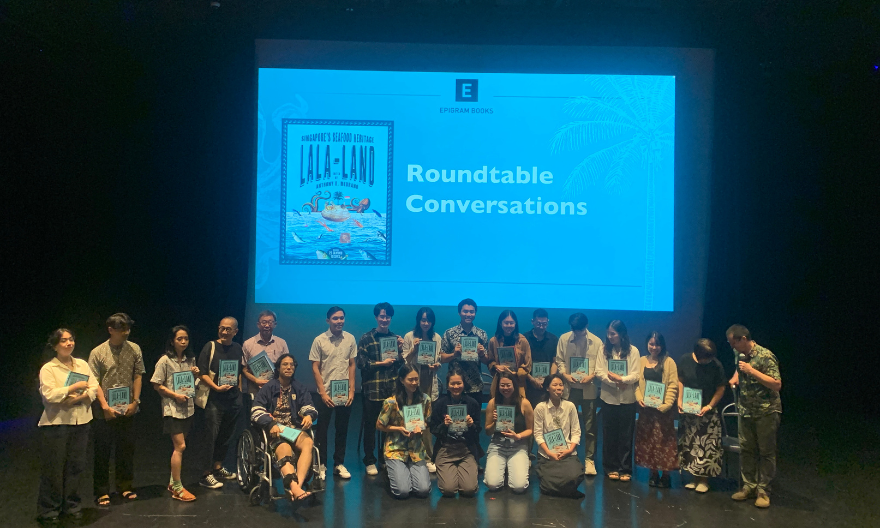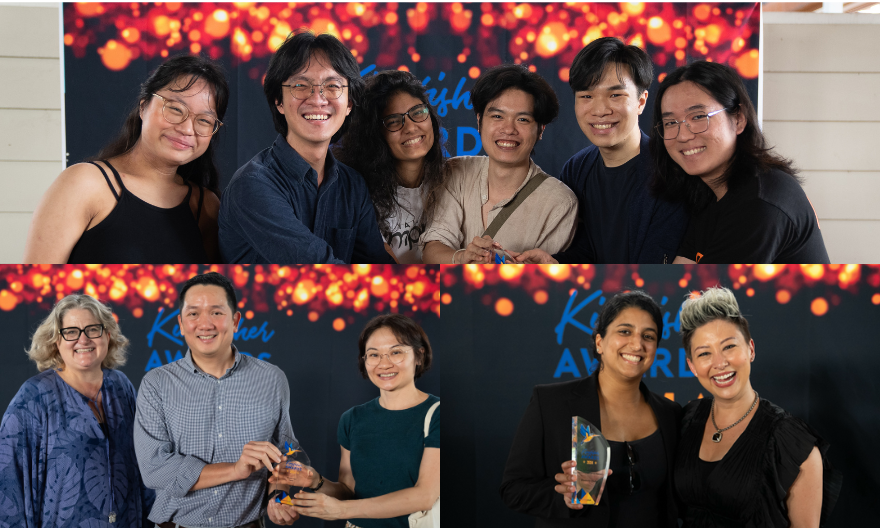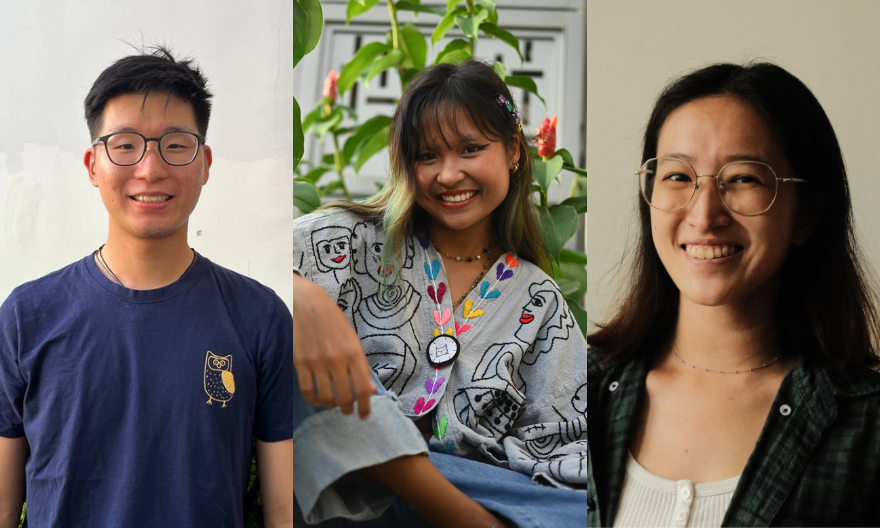Preserving Yale-NUS’ history via oral interviews — a collaboration with the National Archives of Singapore
Yale-NUS College is the first liberal arts college in Singapore, and one of only a few in Asia. Why and how was the decision made to found Yale-NUS? What were some strategic and practical challenges the founders faced in doing so? What was it like teaching in the College during the early years?
In an ongoing collaboration with the National Archives of Singapore (NAS), Yale-NUS is building an archive of oral interviews with key players in the College’s history to preserve these stories. Yale-NUS’ Educational Resources and Technology (ERT) team provides interview recordings and transcripts, while NAS offers technical advice and hosts and preserves this information on their website.
The project was first conceived in 2016, when the ERT team contacted NAS’ oral history department to train some students in oral history methods. Simultaneously, the team had been considering the importance of documenting Yale-NUS’ history. The result: a Memorandum of Understanding between Yale-NUS and NAS to create an archive of oral history interviews. Interviews are recorded in-house in the Yale-NUS recording studio, and recordings and transcripts are publicly available on NAS’ online archives.
The project team selected Dr Jaime Koh and Dr Stephanie Ho — professional oral historians from The History Workroom, a Singapore-based research and writing consultancy with a focus on Singapore history — to conduct interviews for the project. The project team then arranged for interviewees to participate in the project. These included Professors Pericles Lewis and Tan Tai Yong, the first and second Presidents of Yale-NUS, and Professors Richard Levin and Tan Chorh Chuan, Presidents of Yale and the National University of Singapore (NUS) respectively at the time of Yale-NUS’ founding.
“We prioritised subjects who were instrumental in the initial ideation phase of what eventually became Yale-NUS College,” explained Ms Priyanka Sharma, Project Lead and Principal Librarian at Yale-NUS. “We were interested in the processes behind the ideation, development, and eventual birth of the College, all straight from the horses’ mouth.”
“The project includes the reminiscences and thoughts of the chief players, allowing researchers access to a dimension of thought that goes beyond what can be found in more formal sources of information,” said Mr Ronald Milne, Project Mentor and Dean of ERT. “They will be an excellent resource for future researchers, and also for anyone with an interest in the circumstances and work that led to the setting up of the College.”
“I enjoyed being able to relive the thrill and excitement of establishing Yale-NUS,” said Professor Tan Tai Yong, President of Yale-NUS and Professor of Humanities (History) at Yale-NUS College. Prof Tan was also Executive Vice President (Academic Affairs) from 2014 to 2017, overseeing the academic and cocurricular aspects of the liberal arts experience at the College.
“The idea of establishing a liberal arts College in Singapore was bold and innovative, but it was not intuitive for many people who don’t understand the value of a liberal arts and sciences education. Aligning the interests of two universities and their respective constituencies was also no mean task. The College was literally built ground up, and everything from curriculum design to architectural plans had to start from scratch. And, like all new institutions, Yale-NUS went through its growth pangs,” he added.
“We have gotten to a state where there is stability; but one should not assume, with hindsight, that what we are now was always a given. Faith, hard work and contributions were put in by many people to bring Yale-NUS to where we are today.”
Ms Laura Severin, Dean of Admissions & Financial Aid, reflected on her experience being interviewed. “We often get bogged down in the day-to-day of our various responsibilities. Taking a moment to reflect on all we have accomplished is extremely rewarding,” said Ms Severin, who has worked to ensure a holistic admission process and continued support of enrolled students since 2013.
“I hope listeners will reflect on the personal nature of our admission and financial aid process. We take each application seriously, recognising the time and effort each student puts into their application.”
Work on the institutional oral history project will be ongoing for the foreseeable future. The project team has a list of names of people that they would like to interview next, including senior residential life staff and senior members of faculty. “Our priority is to interview those with the longest association with the College – especially those who were there from the beginning,” said Mr Milne.
“I am especially proud that this project has utilised the resources, skills and knowledge available in-house for the most part,” he continued. “This collaboration allowed us to successfully create an archive of institutional history despite having a very lean team.”
This article was updated on 4 May 2021.





